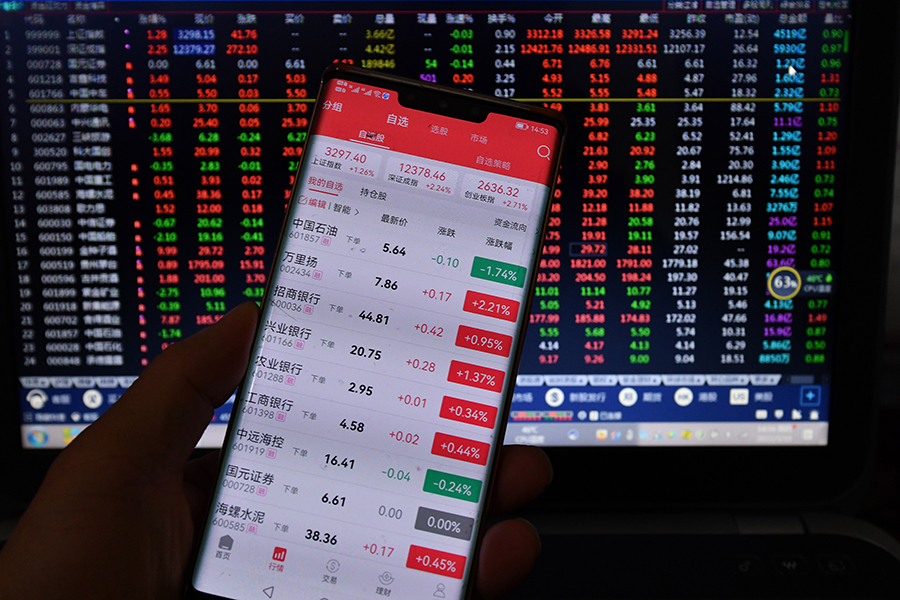Where investors may reap decent returns this year


Well, am I not glad that we have all stepped into a promising 2023 after enduring what many have described as the annus horribilis of 2022, a year filled with too much hardship for investors, whether professional or amateur.
In the year that was, the protracted geopolitical tensions in Europe had pushed up energy prices and caused a global food shortage. The US Federal Reserve adopted seven rounds of aggressive interest rate hikes last year to curb soaring inflation, which forced many other economies to follow suit. The stock market, which is negatively correlated to interest rates, slumped. The COVID-19 pandemic turned 3, casting a long and dark shadow on the global economy. Even the cryptocurrency prices continue to head south in the wake of the FTX meltdown.
Given all that, investors have high hopes for this year as there have been some positive signals in recent weeks. The Chinese regulators have optimized the country's COVID-19 prevention and containment policies in a major way, with significant implications for both inbound and outbound travelers. This is expected to boost tourism, consumption, trade and investment, and form a strong support for the macroeconomic fundamentals of China.
The US Fed appeared to have taken a softer monetary stance by raising interest rates by 50 basis points in mid-December, down from the stunningly high 75 bp hikes earlier in 2022.
But that doesn't mean everything will be hunky dory this year. China's growth, which is forecast by economists to be more consolidated this year, will still hit a bumpy path. The country is still facing pressure in the form of consumers' reluctance to spend, the troubled property sector, tardy employment and the hardy COVID-19. The sluggish or stunted development pace in most developed countries will likely stifle demand there, which isn't good news for China's exports.
On the other hand, although the US Fed is slowing its interest rate hikes, it's still nowhere near announcing an end to its monetary tightening. So, there's still short-term pressure on the interest rate difference between China and the US, which will continue to translate into pressure on the Chinese stock market. The high fiscal deficit in the US hangs over the already troubled economic growth there.
So, A-share investors would do well to expect market volatility. To be frank, they should have developed this ability in 2022. Very high returns won't be easy. Value or long-term investment should be embraced as the market matures further. Investors should closely watch the industries whose development path is in line with the national goals. Only companies with true value and growth potential will be able to withstand market fluctuations.
The US stock market may continue to be lukewarm. Unreasonably high rate of returns may have already become a thing of the past when monetary easing was the norm. The high interest rates in the country will push down the valuations of stocks. Will there be another economic hard landing in the US? Will it lead to an overall economic regression among developed economies? Time will tell.
The Chinese and US bond markets may be worth considering given the former's foreseeable stability and the latter's higher returns.
The energy sector may also be worth looking at, as energy prices are expected to remain high in 2023.In this sense, experienced investors can seek help from asset managers specializing in commodity trading advisory strategy. Other defensive investments, such as gold, can also be considered, given the possible uncertainties on the global front.
Today's Top News
- Mainland pledges deeper cross-Strait integration in 2026 message
- Lai's 'separatist fallacy' speech rightly slammed
- Xi's message for New Year widely lauded
- Swiss bar fire kills around 40, injures more than 110
- New Year's address inspiring for all
- Xi congratulates Science and Technology Daily on its 40th anniversary






























